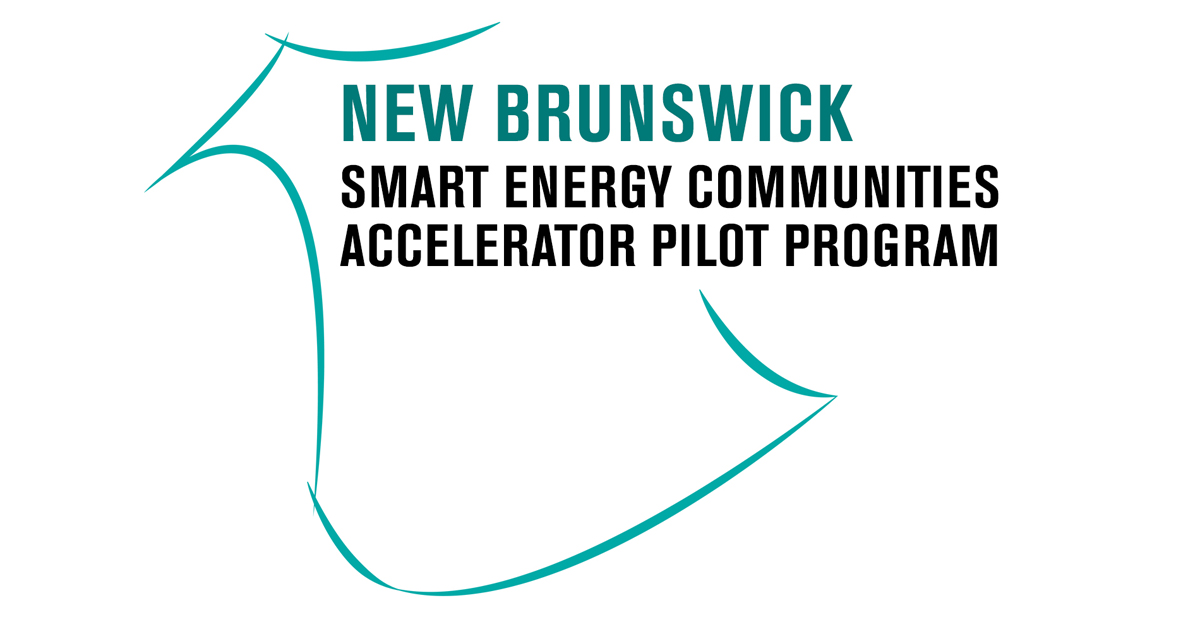Centre de ressources sur la planification communautaire de l’énergie et des émissions
Indigenous Community Energy and Emissions Planning Resources
Visit our Indigenous community energy and emissions planning resource page for an inventory and jurisdictional scan of existing initiatives supporting community energy and emissions planning in Indigenous communities across Canada Visit the WebpageÀ propos de l’initiative
In Autumn 2021, QUEST Canada launched its Partnering for Indigenous Community Energy Capacity (PICEC) initiative, an Indigenous community-led process aimed at strengthening the understanding and knowledge of the priorities, needs, and challenges of community energy and emissions planning, from the Indigenous community context. Key initiatives include developing a community energy assessment, building community capacity by recruiting energy champions, providing energy mapping support, sharing resources and guidance for community energy and emissions planning implementation, and project evaluation. Key outcomes include completed Community Energy Assessments and the development of energy priorities and next steps for participating Indigenous communities.
“Living in harmony with the environment and protecting it as an equal has been one of the toughest challenges for humans over the centuries […] With the work we are doing here, Frog Lake’s hope is to inspire other reservations and communities to help us protect and maintain our earth for generations to come.”
Guiding Principles:
Community-Led
Meeting communities where they are at (non-prescriptive about communities’ objectives).
Relationship-Based
Recognizing the importance of learning from one another by emphasizing in-depth community engagement and peer-to-peer learning opportunities between communities.
Knowledge Integration
Bringing together different types of knowledge and perspectives, within and between Indigenous communities, and with the broader energy and municipal community energy and emissions planning sectors.
Indigenous Leadership
Highlighting Indigenous community leadership and empowering youth to be involved in community energy today, and in the future.
CALENDRIER
PICEC is a comprehensive process designed to support Indigenous communities with their energy initiatives. The initiative consists of five stages, each designed to support communities on their pathway to net-zero.

Stage 1: Community Energy Assessment and Onboarding
The first stage of the initiative focuses on assessing the current energy situation and determining the energy goals and aspirations for each participating community.
Stage 2: Community Energy Champion Recruitment and Capacity Building
The second stage of the initiative supports communities with the recruitment and training of local energy champions to drive energy initiatives forward.
Stage 3: Community Energy and Emissions Planning Support
The third stage provides support to communities with the development of comprehensive community energy and emissions plans that align with their goals and objectives.
Stage 4: Community Energy Implementation Support
The fourth stage provides communities with the supports and resources necessary to implement their community energy and emissions plans.
Stage 5: Evaluation and Wrap-Up
The final stage of the initiative includes evaluating the success of participating communities’ energy initiatives.
Communautés participantes
Supporters
After more than a century, Imperial continues to be an industry leader in applying technology and innovation to responsibly develop Canada’s energy resources.
If you are an Indigenous community interested in reaching your net-zero goals, PICEC can help. For more information about the initiative, please contact Omar Farag, Senior Lead of Projects, at [email protected] or 866-494-2770 ext. 717.
Renforcer les collectivités canadiennes
QUEST Canada develops and implements programs and projects with the aim to nurture strategic partnerships, facilitate connections, empower community champions, and influence decisions makers, supporting communities across Canada on their pathway to net-zero. Find out more about our programs and projects:
Energy Transition Policy Program
The objective of QUEST Canada’s Energy Transition Policy Program is to engage in a collaborative discussion with energy decision-makers to align climate and energy transition planning and policies that will facilitate sustainable community energy systems in support of a net-zero carbon (carbon neutral) economy by 2050.
NCA: Prairies Cohort
The NCA Program’s inaugural cohort, the Prairies Cohort, is currently comprised of ten participating communities from Alberta, Manitoba, and Saskatchewan.
Programme pilote d’accélération des collectivités écoénergétiques intelligentes au Nouveau-Brunswick
Le programme pilote ACEI NB a réussi à mettre en place un accélérateur de planification énergétique communautaire pour aider une série de communautés du Nouveau-Brunswick et une Première nation, en leur fournissant les outils et les connaissances nécessaires pour élaborer et mettre en œuvre des plans énergétiques communautaires et comprendre l'avantage économique net qu'ils peuvent apporter.









